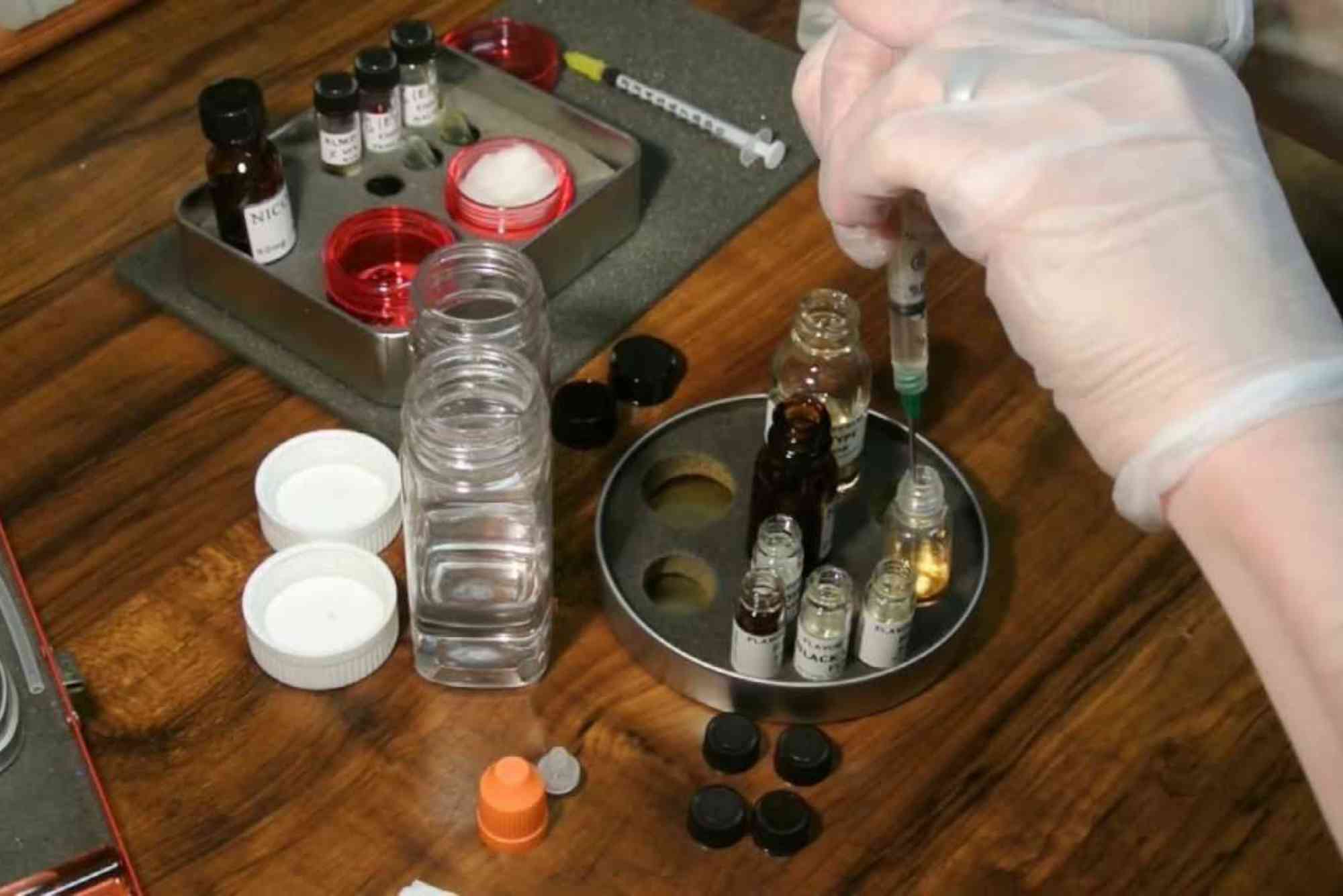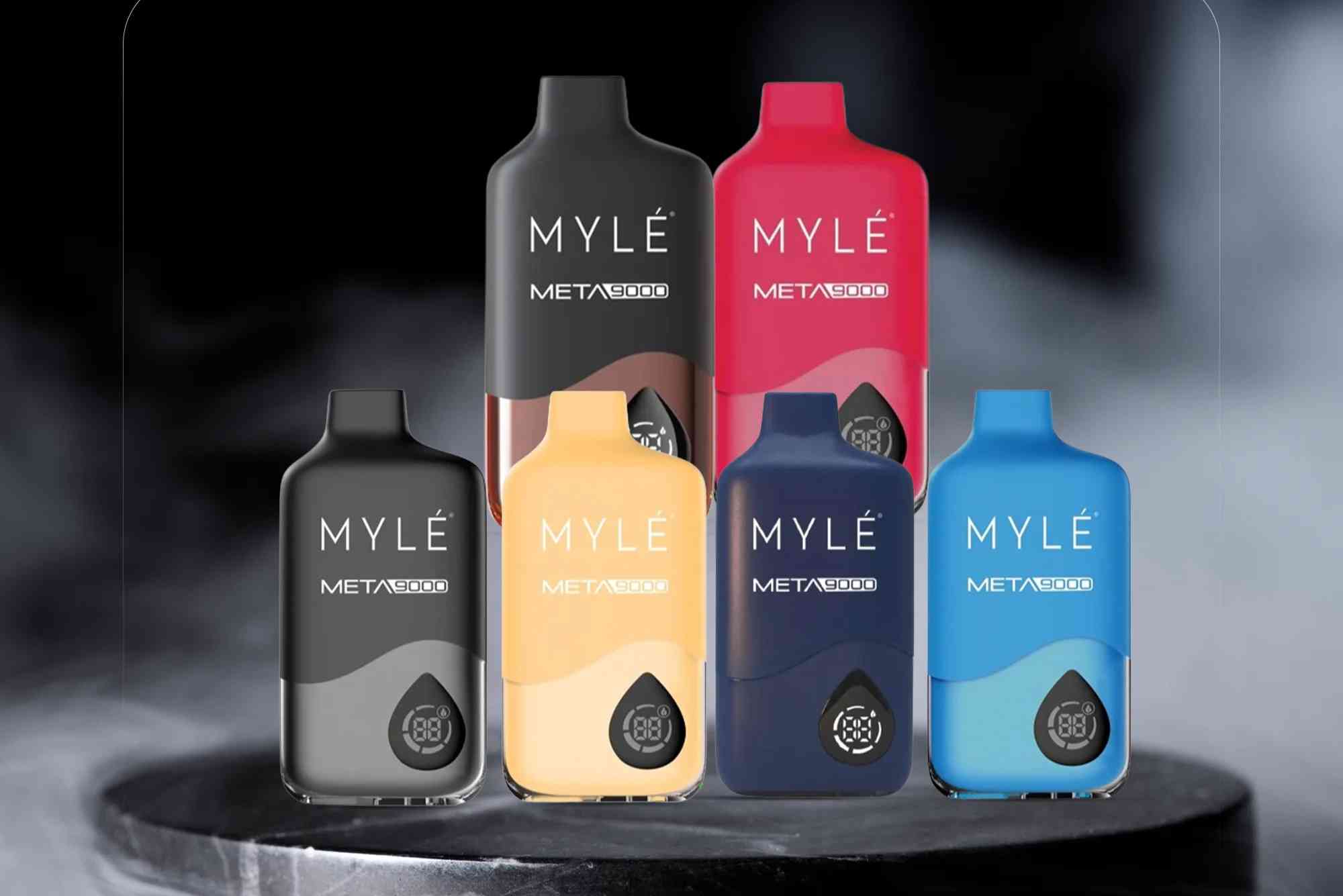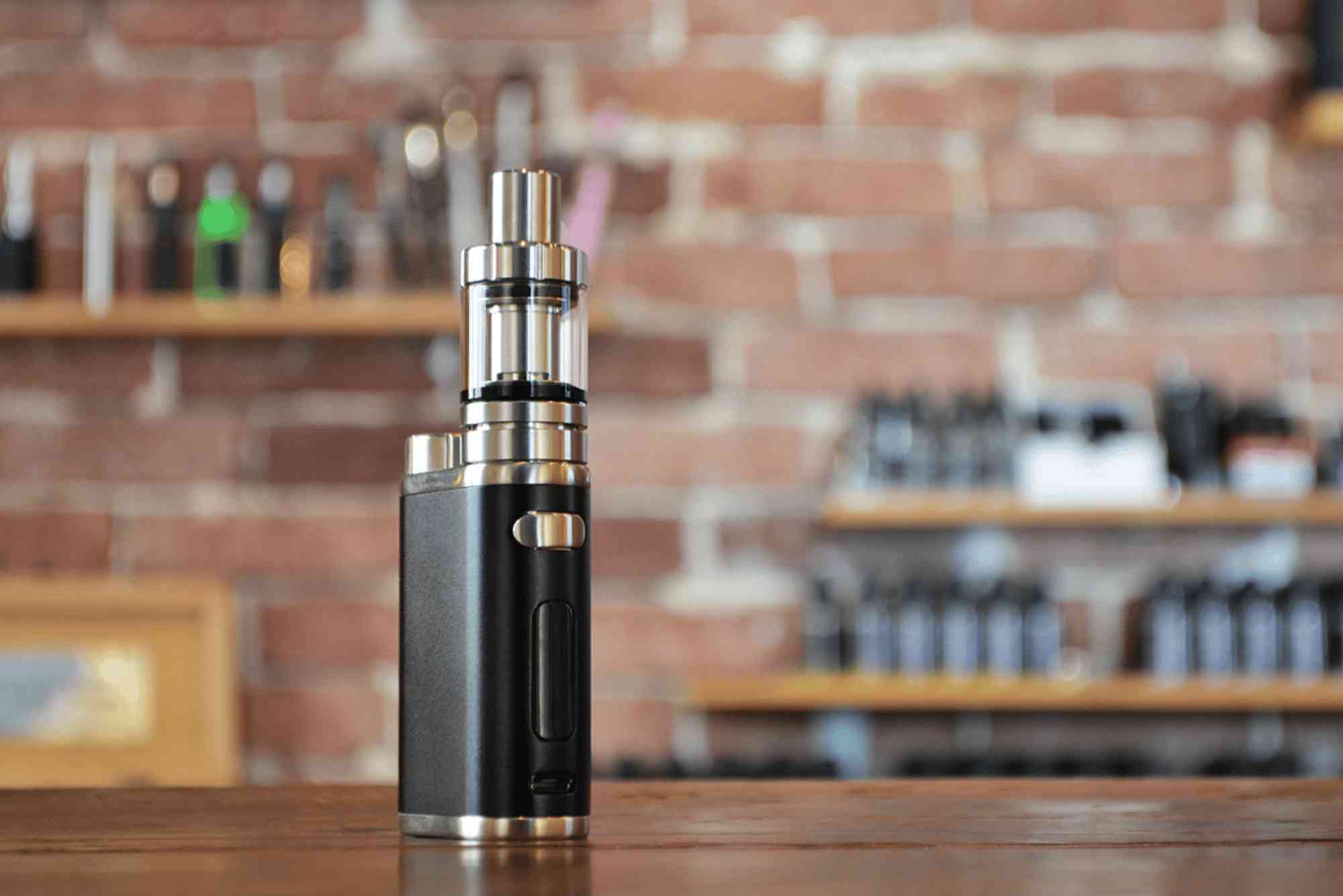Creating your own vape juice can be rewarding. It lets you tailor flavors, nicotine strength, and VG/PG ratios. But with this creative freedom comes responsibility. Understanding vape mixing safety is crucial, not just for a good experience but for your health and well-being.
If you’re a beginner or even a seasoned DIY vaper, ignoring safety can lead to skin exposure, accidental ingestion, or even fire risks. This guide dives deep into what you need to know about staying safe while mixing vape juice at home.
Why Vape Mixing Safety Matters
Mixing e-liquids involves handling chemicals, including concentrated nicotine and flavoring agents. These ingredients, while safe in final diluted form, can be hazardous when mishandled.
Exposure to high-concentration nicotine can cause dizziness, nausea, or worse. Some flavorings also release harmful compounds when heated improperly. Poor storage or labeling can result in accidental poisoning or contamination.
Safety isn’t just a suggestion—it’s the foundation of responsible DIY vape mixing.
Getting Started: The Safe Mixing Environment
Choose the Right Workspace
Designate a clean, well-ventilated area for mixing. Avoid kitchen counters or places where food is prepared. You want a space free from distractions, children, and pets.
Use a flat surface to avoid spills. Good lighting also helps you measure ingredients accurately.
Keep It Clean and Organized
Before starting, disinfect the mixing area. Lay out all your tools and ingredients before mixing. Clean spills immediately to avoid cross-contamination or sticky residue that attracts dust.
Label everything clearly—especially bottles with concentrated nicotine.
Essential Safety Gear for DIY Vape Mixing
Protective Gloves
Nicotine absorbs quickly through the skin. Use nitrile gloves, as they’re resistant to most chemicals and won’t tear easily.
Eye Protection
Even a small splash of nicotine or flavor concentrate can irritate or damage your eyes. Protective goggles or safety glasses are highly recommended.
Apron or Protective Clothing
Avoid spills on your regular clothes. Wear an apron or dedicated work shirt you don’t mind staining.
Safe Handling of Nicotine and Other Ingredients
Understanding Nicotine Strength
Nicotine comes in various concentrations. The most common for DIY is 100 mg/mL, which must be diluted. Always handle it with extreme care. Accidental ingestion or skin contact with undiluted nicotine can be toxic.
When in doubt, use a nicotine strength you’re comfortable working with—even if it’s lower. Safety always trumps efficiency.
Proper Storage
Store nicotine in amber or dark plastic bottles to reduce light exposure. Keep it in a cool, dry place—ideally in a refrigerator or freezer. Always keep it away from children and pets.
Label bottles with strength, mix date, and safety warnings.
Accurate Measurement: Avoiding Dangerous Mistakes
Use syringes or digital scales to measure ingredients precisely. Eyeballing measurements can lead to inconsistent flavor—or worse, dangerously strong nicotine levels.
Always double-check your calculations before mixing. Several online calculators help determine safe ratios of VG, PG, nicotine, and flavorings.
Start small. Make test batches before committing to large volumes.
Ventilation and Air Quality
Mixing vape juice in a poorly ventilated area increases your risk of inhaling volatile compounds. Open windows, turn on a fan, or use a small air purifier. Some flavorings, especially alcohol-based ones, can irritate your respiratory tract when concentrated in the air.
If you feel lightheaded, step away immediately and get fresh air.
Labeling and Storage for Long-Term Safety
Once your e-liquid is mixed, label it with:
- Name or flavor profile
- Nicotine strength
- VG/PG ratio
- Date mixed
Store the bottles upright in a cool, dark place. Avoid using bottles made of cheap plastic that can leach chemicals. PET or glass bottles are safer long-term.
Keep all e-liquids in child-resistant containers—even if you don’t have children. It’s an extra layer of safety that should never be skipped.
Cleaning Up: Safe Disposal and Maintenance
Dispose of leftover nicotine and chemicals at hazardous waste centers if possible. Never pour high-strength nicotine down the drain.
Rinse tools like syringes and beakers with warm water immediately after use. Let them air dry to prevent contamination in future mixes.
Clean gloves and aprons between sessions or dispose of single-use protective gear properly.
Emergency Procedures: Be Prepared
If nicotine gets on your skin, wash the area immediately with soap and water. Don’t delay.
If someone accidentally ingests e-liquid, call emergency services and provide them with the nicotine concentration and ingredients if available.
Always keep a first-aid kit nearby and store emergency numbers where they’re easy to see.
The Role of Education in Vape Mixing Safety
Vape technology and e-liquid formulations evolve quickly. Staying informed is part of being a responsible DIY mixer.
Join online forums, watch safety tutorials, and read up-to-date resources. Following experts and experienced mixers can help you stay on top of best practices and avoid mistakes others have made.
Knowledge is as important as any tool in your mixing kit.
Vape Mixing Safety: Key Takeaways
- Always wear gloves and eye protection when handling nicotine.
- Use proper storage and labeling to prevent accidents.
- Measure carefully—never guess.
- Work in a clean, ventilated, distraction-free environment.
- Stay educated and informed about best practices.
Following these steps not only protects your health but ensures your DIY vape experience is consistently enjoyable.
Safety First, Always
Vape Mixing Safety can be a fun and creative outlet, but only when done responsibly. Taking a few extra minutes to set up safely can prevent hours of regret—or worse.
Whether you’re creating the perfect strawberry-menthol blend or experimenting with complex tobacco notes, remember: vape mixing safety isn’t optional—it’s essential.







